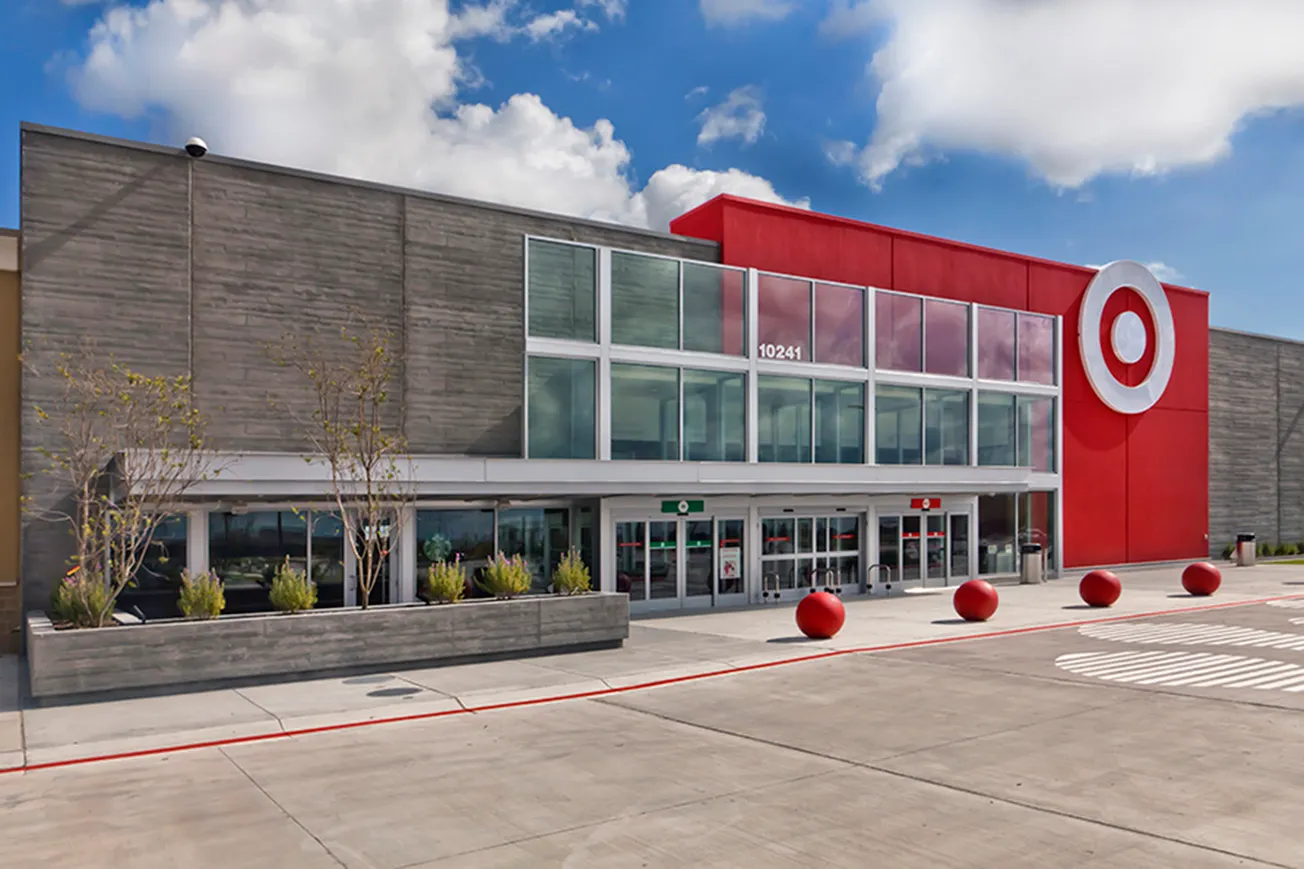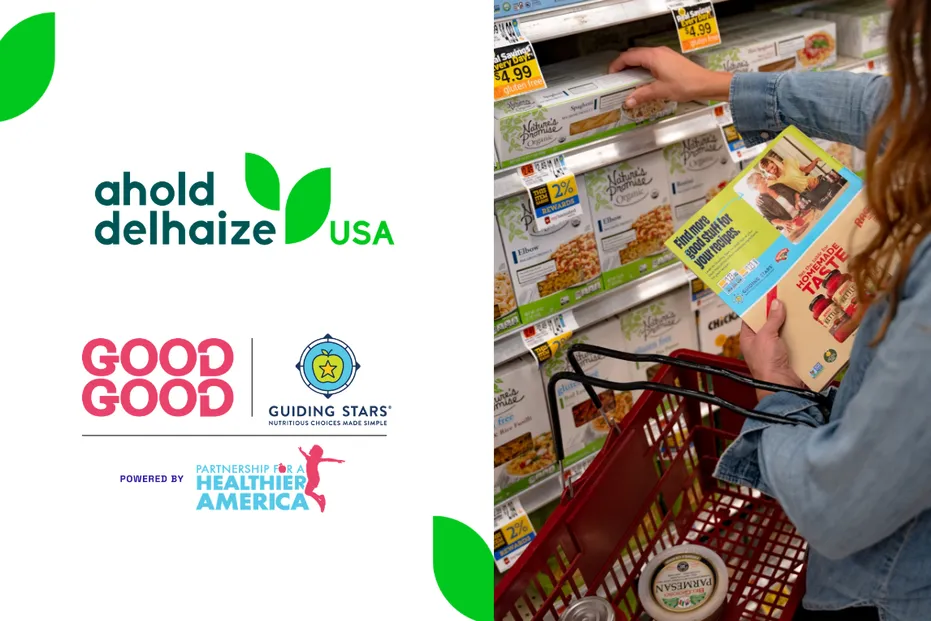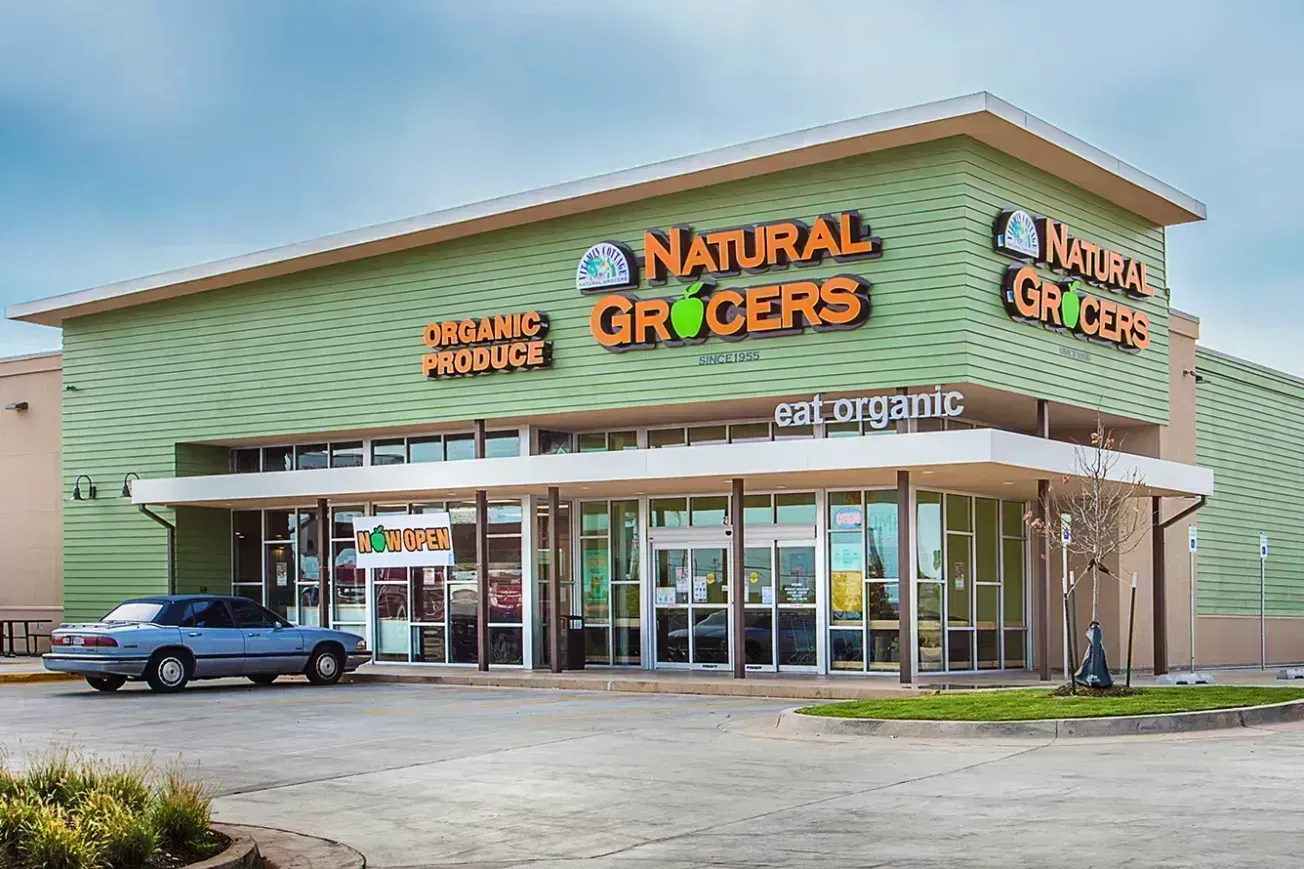LONDON and BASEL, Switzerland — In a major, three-part transaction, GlaxoSmithKline PLC is selling its oncology business to Novartis AG for $14.5 billion, Novartis is buying GSK’s vaccine business for $5.25 billion and the two companies are combining their consumer health care businesses in a joint venture.
In a major, three-part transaction, GlaxoSmithKline PLC is selling its oncology business to Novartis AG for $14.5 billion, Novartis is buying GSK’s vaccine business for $5.25 billion and the two companies are combining their consumer health care businesses in a joint venture.
Also on Tuesday, Novartis said it will sell its animal health division to Eli Lilly and Co. for $5.4 billion.
Novartis chief executive officer Joseph Jimenez called the deal with GSK "a transformational moment" for his company as it refocuses its business on three core strengths: innovative drugs, eye care and generics.
"They also improve our financial strength and are expected to add to our growth rates and margins immediately," Jimenez said in a statement.
In purchasing GSK’s cancer products business, Novartis will make a $14.5 billion payment and pay up to $1.5 billion contingent on a development milestone. In addition, Novartis would have opt-in rights to GSK’s current and future oncology R&D pipeline.
Novartis said the addition of the GSK oncology business will expand its position in targeted therapies and small molecules. Novartis already has one of the industry’s largest cancer therapy pipelines, with more than 25 new molecular entities targeting key oncogenic pathways and 24 pivotal trials under way exploring 16 new products and indications.
GSK’s acquisition of Novartis’ vaccines business, which excludes flu vaccines, encompasses a $5.25 billion upfront payment and up to $1.8 billion in milestones. GSK noted that the global vaccine market is projected to grow about 10% annually over the next 10 years.
In the consumer health joint venture, plans call for GSK to own a 63.5% stake and Novartis to own a 36.5% share. Emma Walmsley, president of GSK Consumer Healthcare, has been appointed as CEO designate of the new business and will be a member of its board. GSK CEO Andrew Witty will serve as chairman. The venture’s board will comprise directors from both GSK and Novartis.
The companies noted that over-the-counter products joint venture will create a global consumer health care leader with about $10 billion in annual sales and leading positions in four key O-T-C categories: wellness, oral health, nutrition and skin health. Almost half of the sales will stem from brands larger than $300 million in annual revenue.
GSK said that once the deal is completed, about 70% of its revenue would be centered on four key franchises: respiratory, HIV (ViiV Healthcare), vaccines and consumer health care.
"This proposed, three-part transaction accelerates our strategy to generate sustainable, broadly sourced sales growth and improve long-term earnings," Witty said in a statement Tuesday.
"Opportunities to build greater scale and combine high-quality assets in vaccines and consumer health care are scarce. With this transaction, we will substantially strengthen two of our core businesses and create significant new options to increase value for shareholders," he explained. "The Novartis O-T-C portfolio is highly complementary to GSK’s and has many well-known, widely recommended brands such as Voltaren, Excedrin, Otrivin and Theraflu. Together, we will create the world’s premier O-T-C business with clear opportunities to accelerate revenue growth."
Witty added that the acquisition of Novartis’ vaccines business will boost GSK vaccines portfolio and pipeline, notably with the addition of Bexsero, a new vaccine for meningitis B. The acquisition will also bolster GSK’s manufacturing network and reduce supply costs.
"The third part of this transaction would see divestment of our oncology portfolio to Novartis," Witty stated. "Over the last six years, we have made excellent progress to develop a series of innovative medicines. This transaction provides us with a unique opportunity to crystallize an attractive value for this portfolio and allow these medicines to benefit from Novartis’ global scale in this area."
The Novartis-GSK transaction is expected to close in the first half of 2015, and Novartis’ sale of the animal health business to Lilly is slated to close by the end of the first quarter of 2015.
For Novartis, the transactions are part of Jimenez’s strategy to refocus the company on areas where it has the scale to compete rather than maintain a small presence in various sectors.
"We have created a world-leading consumer health care business in our joint venture with GSK," Jimenez commented. "We believe the divestment of our smaller vaccines and animal health divisions will enable us to realize immediate value from these businesses for our shareholders, and those divisions will benefit from being part of large, global businesses that are also leaders in their segments. Patients will benefit from even higher levels of innovation that this focus may afford. Looking ahead, this positions Novartis well for future health care industry dynamics."





